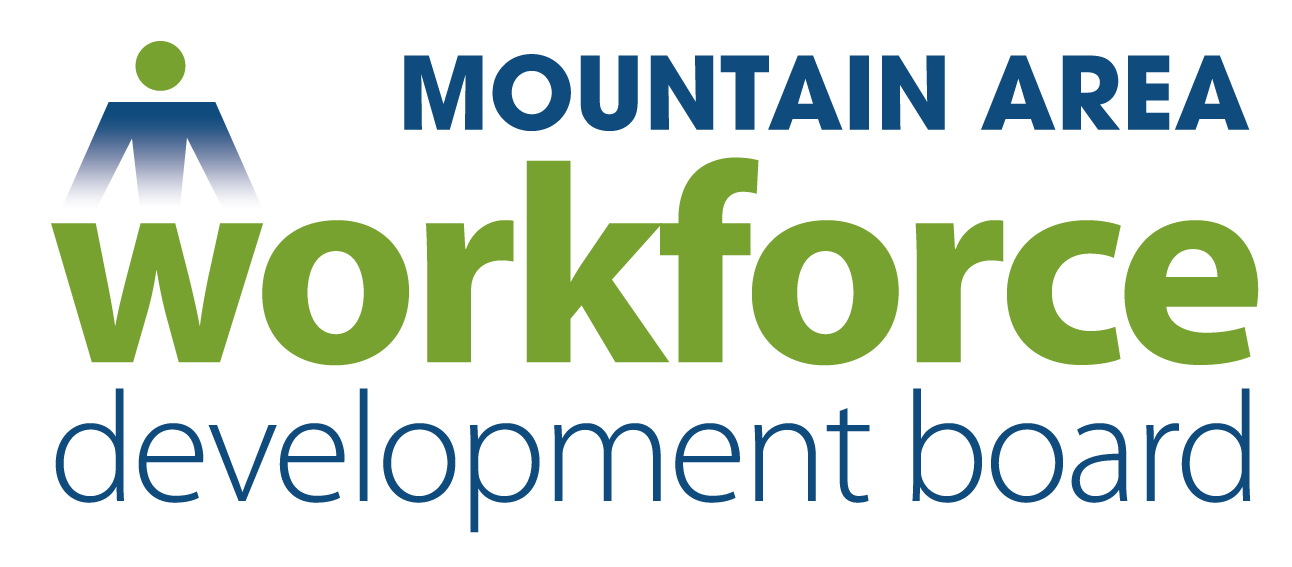Article by Hailey Carroll, Industrial and Organizational Psychology PhD student, Clemson University
What is AI?
AI, or Artificial Intelligence, is a type of technology that allows computers and machines to problem solve and show intelligence similar to humans. It includes things such as online customer service chat bots, online tools like Chat GPT, autonomous vehicles, navigation systems, autonomous robotics, and more. Examples of AI in the workplace include utilizing it to help HR departments with recruiting and hiring, using AI to assist with customer service on a company’s website, or employees using AI assistants to help with tasks such as note taking. AI has the potential to be of benefit to the workplace and its employees. However, there are certain hesitations that individuals have towards AI, likely due to not having a full understanding of what AI is and how it can work to better the current workplace as it begins to be integrated.
https://www.ibm.com/topics/artificial-intelligence
https://www.newhorizons.com/resources/blog/examples-of-ai-in-the-workplace
How will AI impact the workplace and employers?
AI has many potential benefits for employers and the workplace, including increased efficiency and productivity. It also has the potential to enhance decision making and analytics through its ability to analyze large amounts of data and identify patterns that the human eye may overlook. In workplace sectors such as manufacturing and construction, AI can be used to increase safety while also decreasing potential hazards and malfunctions. AI ultimately has the potential to create better work environments and increase profits for employers.
https://www.linkedin.com/pulse/impact-artificial-intelligence-ai-workplace-charlotte-volet/
How will AI impact job seekers and current employees?
AI has the potential to semi or fully automate several types of jobs. One study found 23% of US workers to have been exposed to AI in some capacity in their jobs. These workers tended to not feel threatened by AI fully taking over their jobs. The main jobs that are at risk for fully becoming automated are customer service representatives, receptionists, accountants/bookkeepers, salespeople, researchers and data analysts, warehouse workers, insurance underwriters, and retail workers. Jobs that seem to be not at risk are teachers, lawyers, judges, directors, managers, CEOs, psychologists and psychiatrists, surgeons, computer system analysts, artists, and writers. This information is important to keep in mind when choosing what field to go into as a job seeker. Although there is the potential for many jobs to be at least in part taken over by AI, experts say that AI can create more jobs than it replaces. Ultimately, AI has the potential to be a helpful tool for employees in carrying out their jobs and responsibilities. It is still unclear as to what the future holds for certain jobs when it comes to becoming fully automated, but there are still a plethora of jobs that will continue to need humans to keep them running alongside AI.
https://www.nexford.edu/insights/how-will-ai-affect-jobs
What skills are needed to work alongside AI?
If you are working directly with AI, some important skills to have are knowledge of programming, knowledge of data modeling and analytics, knowledge of intelligent user interfaces (IUI), and problem solving skills. If you are simply working alongside AI, some important skills to have are digital literacy, domain expertise (so that one is not relying too heavily on AI to do their job), analytical skills, and interpersonal skills, such as being able to effectively communicate and engage with others. Overall, AI can be a helpful tool, but it is still important to have basic skills so that you are not solely relying on AI to do various parts of your job. Ultimately, it is important to gain these skills necessary to work with AI, as AI is rapidly becoming a part of our workforce. As a job seeker or employee, it is crucial to get ahead of the curve in order to be able to stay up to date in our ever advancing world.
https://hbr.org/2023/11/the-skills-your-employees-need-to-work-effectively-with-ai




